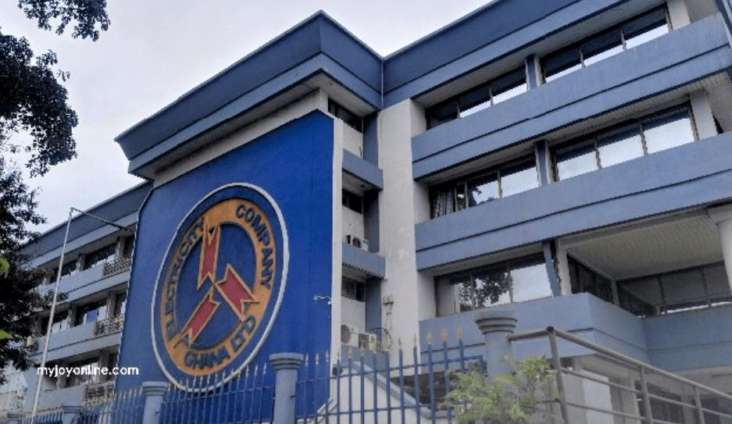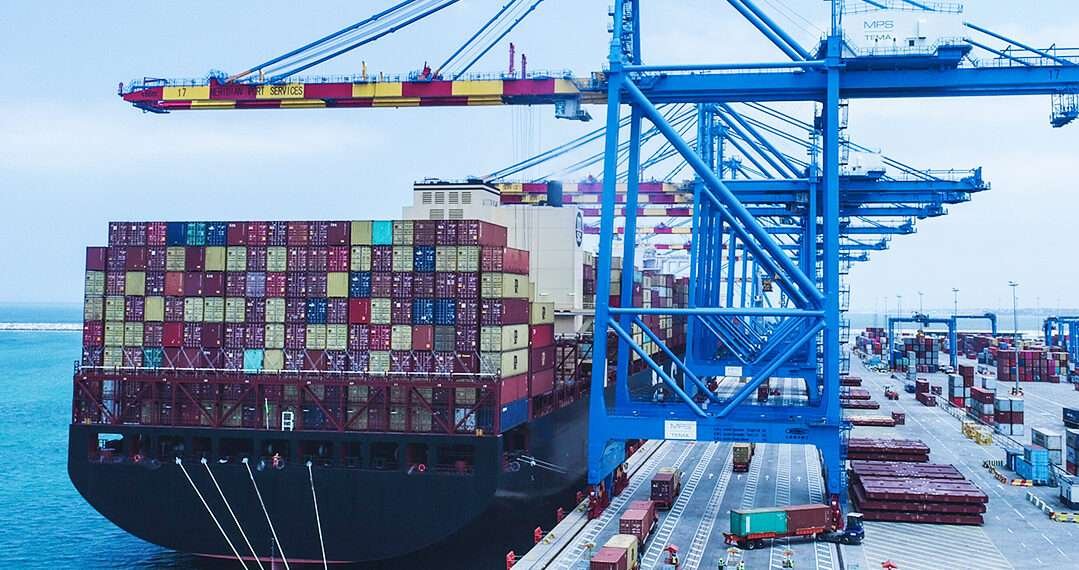The ECG containers scandal has taken a startling new turn with the recent announcement that over 2,600 supposedly missing containers have been “found” at the Tema Port.
While the Electricity Company of Ghana (ECG) and its associates may have expected applause for the recovery, critics say the revelation is less a solution and more a symbol of systemic dysfunction.
Renowned legal scholar and governance advocate, Prof. Stephen Kwaku Asare, has sounded the alarm, stating that the so-called discovery should provoke concern rather than comfort.
“Yaanom arrived in their numbers, banner in hand, proclaiming that over 2,600 ECG containers have been “found” at Tema port—more than double the 1,346 earlier declared missing. But rather than inspire relief, this revelation should send shivers down our collective spine.”
Prof. Stephen Kwaku Asare
He argued that one does not simply “find” thousands of containers like a misplaced item in storage. These are multi-million-cedi shipments whose absence had triggered an audit, media outcry, and public protests.

The reemergence of the containers without a clear explanation only intensifies suspicions of gross mismanagement, if not deliberate obfuscation.
According to Prof. Asare, the situation confirms widespread administrative failure. If such high-value items can disappear and reappear without any transparent process or credible verification, then it suggests institutional rot.
The ECG’s silence on the chain of custody and the manner of “discovery” leaves a gaping hole in public accountability.
Discovery Sparks More Questions Than Answers
What makes the ECG containers issue even more troubling, Prof. Asare explained, is that the development does not discredit the audit findings but rather affirms them.
The audit revealed that ECG had over-procured materials without proper planning, violated procurement regulations, and left the containers at the port, incurring avoidable demurrage costs amounting to over ₵909 million. It also alleged that lucrative contracts were granted to unlicensed or favored vendors.

“The key questions remain: Who authorized the purchases? Why were they left at the port? Why were clearing contracts worth ₵127 million handed to companies not licensed to operate?
“Why did Dawards Bond clear containers illegally, deliver fewer than billed, and still demand millions? Where is the oversight? Where is the prosecution?”
Prof. Stephen Kwaku Asare
These allegations raise serious concerns about oversight and enforcement within the public procurement process.
Accordingly, Prof. Asare warned that the narrative being shaped around the “discovery” appears to be a deliberate diversion.
He noted that instead of addressing the root causes—procurement fraud, tax losses, ghost deliveries—the public is offered a feel-good headline: the containers have been found.
However, found by whom? Verified through what process? Audited by which authority? No official has stepped forward with answers.

Beyond the logistics of the containers, the entire episode, he said, deepens the trust deficit between state institutions and the citizens they are meant to serve.
If public agencies can misreport, mismanage, and mislead with impunity, then citizens have little reason to believe in the accountability structures that are supposed to protect public interest.
Clarity Demanded On ECG Containers
Prof. Stephen Asare also demanded clarity on why ECG procured materials in excess of its 2023 budget by nearly 800%, and who allowed contract sizes to be broken up to fall within the financial threshold of the Managing Director, thus avoiding procurement oversight.
He raised critical concerns about institutional accountability, questioning why ECG conducted operations beyond the approval of the Procurement Authority.
He also questioned why Dawards Bond received full payment despite facing allegations of tax evasion and fraud, and who ultimately benefits when public procurement is treated as a personal windfall.

“The message from ECG and Yaanom seems to be: ‘We’ve found them, so let’s move on.’ But this is not a romantic reunion. It’s a forensic crime scene. Until the who, how, and why are answered, and those responsible are held to account, this ‘discovery’ is just another insult to public intelligence.”
Prof. Stephen Kwaku Asare
In a striking statement, Prof. Asare remarked that more than a billion cedis may have been lost to demurrage, while procurement laws were openly flouted under the guise of orders from above.
His remarks were backed by earlier statements from the Minority Leader, who accused ECG and customs officials of selling the missing cables at the port—a charge that remains unanswered.
As the public debates this scandal, Prof. Asare issued a final warning: accountability is non-negotiable, regardless of political interference or institutional cover-ups.
The containers may have reappeared, but without answers to the “who, how, and why,” the scandal continues to smolder.
READ ALSO: Sharp Decline in Interest Rates Fails to Deter Treasury Bills Demand























